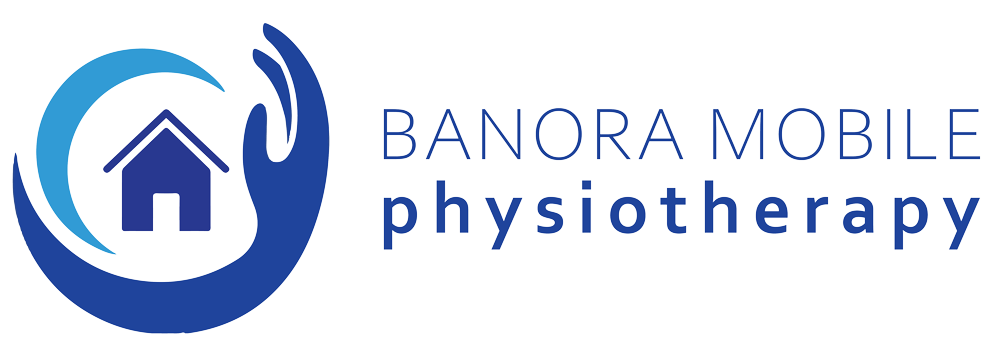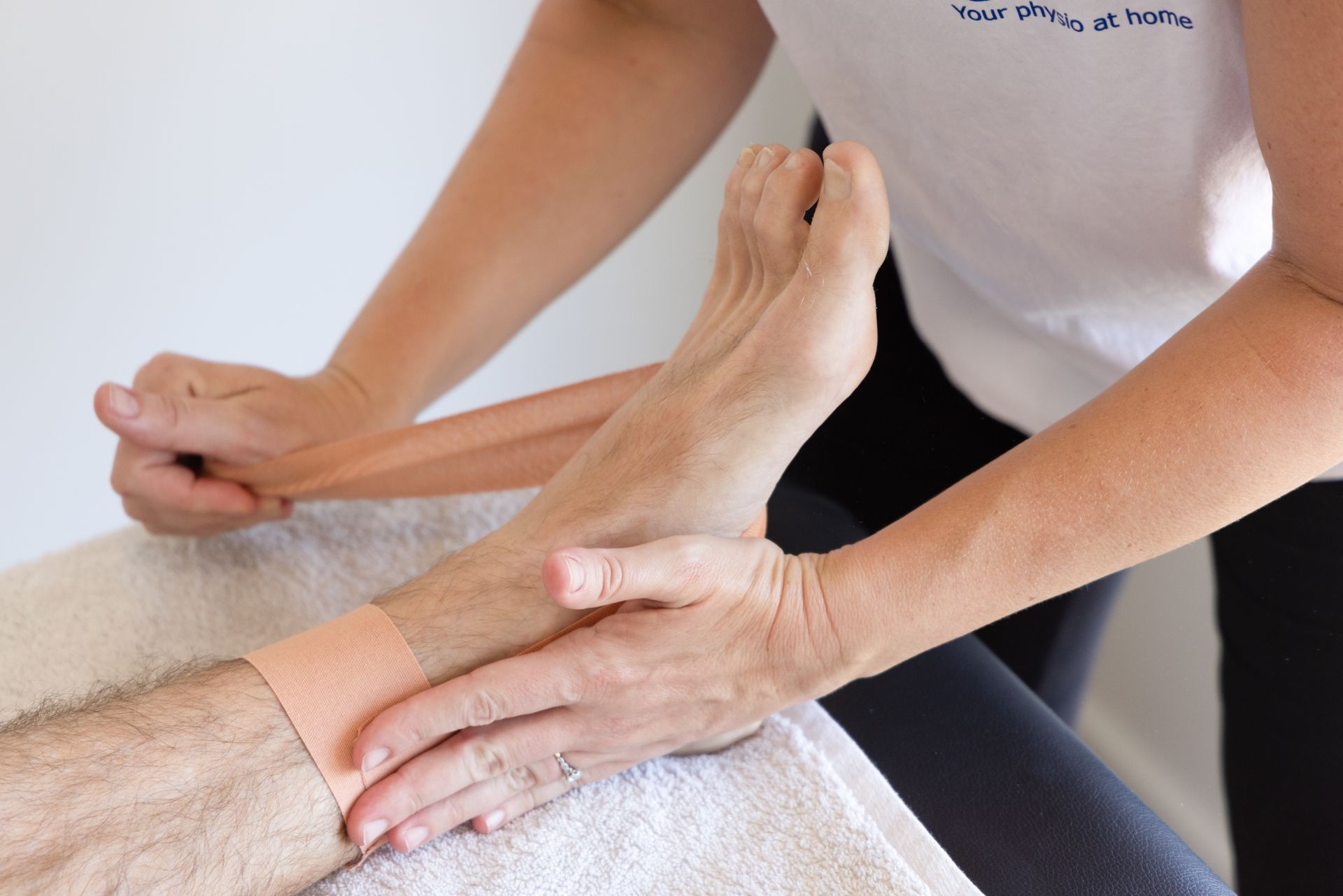Physio during Pregnancy
Supporting Wellness: The Role of Physiotherapy During Pregnancy
Pregnancy is a transformative and miraculous journey, but it also brings various physical changes that can impact a woman's body. Physiotherapy during pregnancy is emerging as a valuable resource to support expectant mothers through these changes, promoting overall well-being and preparing the body for the demands of childbirth. In this article, we explore the role of physiotherapy during pregnancy and its myriad benefits for both the mother and the growing baby.

Understanding the Physiological Changes:
1. Postural Adjustments:
As the baby grows, a woman's center of gravity shifts, leading to changes in posture. This can result in increased strain on the lower back, pelvis, and hips. Physiotherapy during pregnancy addresses these postural adjustments, offering techniques to alleviate discomfort and prevent musculoskeletal issues.
2. Hormonal Impact:
Hormonal changes during pregnancy, specifically the release of relaxin, contribute to increased joint flexibility. While this is essential for accommodating the growing fetus, it can also lead to joint instability. Physiotherapists employ exercises and techniques to enhance joint stability and reduce the risk of injuries.
3. Pelvic Floor Challenges:
Pregnancy places additional stress on the pelvic floor muscles. Physiotherapy plays a crucial role in addressing pelvic floor challenges, offering exercises to strengthen these muscles, reducing the risk of incontinence and preparing for childbirth.
The Benefits of Physiotherapy During Pregnancy:
1. Pain Management:
Physiotherapy provides effective pain management strategies for common pregnancy-related discomforts such as lower back pain, sciatica, and pelvic girdle pain. Manual therapy, stretching exercises, and tailored home exercise programs are often utilized to alleviate pain.
2. Improved Core Strength:
Maintaining core strength during pregnancy is vital for stability and balance. Physiotherapists guide expectant mothers through exercises that focus on the core, promoting strength and stability throughout the pregnancy.
3. Preparation for Childbirth:
Physiotherapy during pregnancy includes education on optimal birthing positions, breathing techniques, and relaxation exercises. These preparations can enhance the mother's confidence and physical readiness for the birthing process.
4. Postpartum Recovery:
Postpartum recovery begins during pregnancy. Physiotherapists work with expectant mothers to strengthen the pelvic floor muscles, promoting a smoother recovery after childbirth. Postpartum physiotherapy sessions can further aid in regaining strength and addressing any lingering concerns.
Physiotherapy Techniques for Pregnancy:
1. Prenatal Exercise Programs:
Tailored exercise programs designed for pregnant women focus on strength, flexibility, and cardiovascular fitness. These programs are adapted to individual needs and gestational stages.
2. Pelvic Floor Exercises:
Physiotherapists guide pregnant women through pelvic floor exercises to enhance muscle strength and control. This contributes to improved bladder and bowel function and aids in preventing postpartum issues.
3. Manual Therapy:
Gentle manual therapy techniques can address musculoskeletal imbalances, providing relief from pain and discomfort. Techniques may include soft tissue massage, joint mobilization, and stretching exercises.
Conclusion:
Physiotherapy during pregnancy is a valuable and holistic approach to promoting the well-being of expectant mothers. By addressing the unique physiological changes and challenges associated with pregnancy, physiotherapists empower women to navigate this transformative journey with confidence and comfort. Whether it's managing pain, enhancing core strength, or preparing for childbirth, the personalized care provided by physiotherapy makes it an indispensable resource for the holistic health of both the mother and the growing baby. If you are expecting, consider consulting with a qualified physiotherapist to experience the benefits of this supportive and proactive approach to pregnancy wellness.



